The Institute for National Security Studies (INSS) held its annual conference last week and released a new survey to accompany it. It’s an interesting survey because it is different from most polls we get these days, which are usually election polls that tend to focus on the math of post-election coalitions. The INSS asked about Israel and the Palestinians, a topic that is generally absent from Israel's political campaigns.
The good people of the INSS kindly agreed to send me the full survey, including the cross tabs, and reading through it was a worthwhile exercise. It is short (they only asked a few questions), and I have the breakdown of numbers for the two main questions: Who won the 2014 war in Gaza – Israel or Hamas?” and “out of the following three options, which in your opinion is the long term best solution for the Israeli-Palestinian conflict?”.
Seeing the answers to question one, it seems that Israelis' perception that Israel won the war has eroded. It was 51% for Israel back in August 2014, and it is 46% today, with 20% saying that “Hamas won” and 34% saying it was a “tie”. Thinking about the politics of such a perception requires nuance. Surely, it is not good for the sitting government if the public doesn't think that it was able to win a war. But in fact, the “public” that tends to vote for the sitting government does believe that Israel won the war – 56% for Israel to 24% for Hamas. Israel's left-wing voters are those who have more doubts – a majority of them (52%) say the war was a tie. So from the perspective of a politician running for reelection – a Netanyahu – the outcome of this poll is not great but is reasonably good.
The more interesting question is about the “long term” solution for Israel and Palestine. Here – again – you have the headline: a plurality of 49% still believe that the “two state solution” is the proper solution for this conflict, while only 9% believe in the annexation of the disputed occupied territories. 15% of Israelis did not have an opinion, and 27% want to keep the “current situation”.
Looking at the cross-tabs the story becomes more interesting.
Younger people are less supportive of the two state solution – only 41% of respondents aged 18-29 support it. And more of them, but still very few (15%), support annexation.
The real story, though, is that of Israel's bloc of right wing voters – the people that vote for right wing parties and for the religious-Haredi parties. Of course, the fact that these people are far from enthusiastic about the two state solution and are not great fans of peace negotiations that result in freezing settlements and evacuating land is well known. But what we see very clearly in this poll, and there's no kinder way of saying it, is that the right-religious bloc has no other solution to offer, other than saying “no” to the two state solution.
You think these people support annexation?
Well, they don’t.
Just 15% of religious-Haredi voters support annexation. Just 17% of “right wing” voters support annexation (in the group that is referred to here as “center-right + center” it is just 7%). But they also do not support the two state solution: 19% of the “right” supports it, and just 16% of religious-Haredi voters support it.
So what exactly do these people want?
I guess they want to be left alone. They don't have an idea for a solution. They don't see a plan that they can support. Thus, 45% of religious-Haredi voters support “keeping the current situation” and 40% of right-wing voters support “keeping the current situation”. If one is searching for the political motivation behind a policy of “doing nothing” in regards to the Israeli-Palestinian conflict, here is some proof that this type of policy works for a large number of voters. Since a large majority of the public do not believe that negotiations could lead to peace in the coming years – as IDI polls reveal every month – this “stay-put” preference is not irrational.








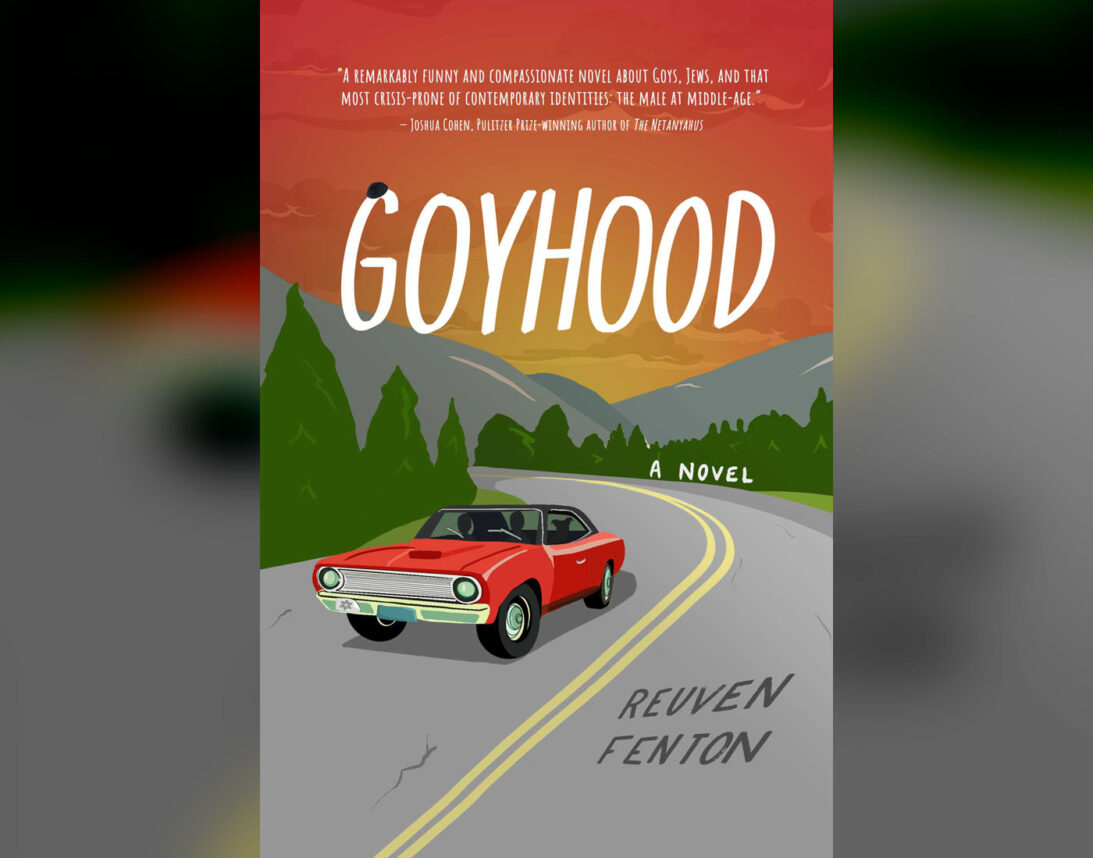
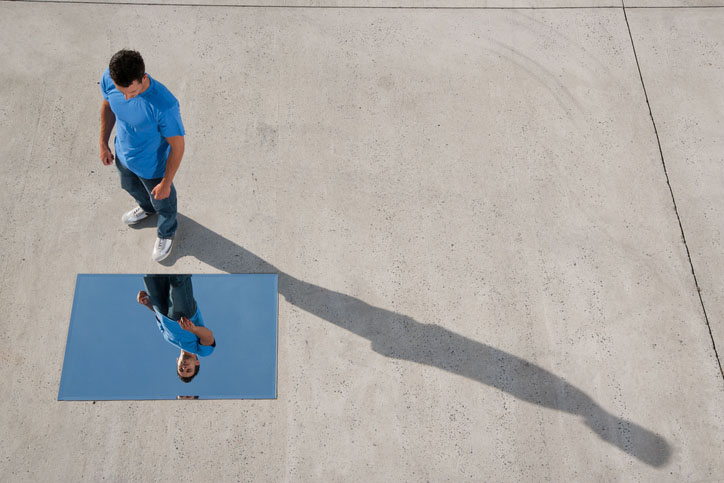

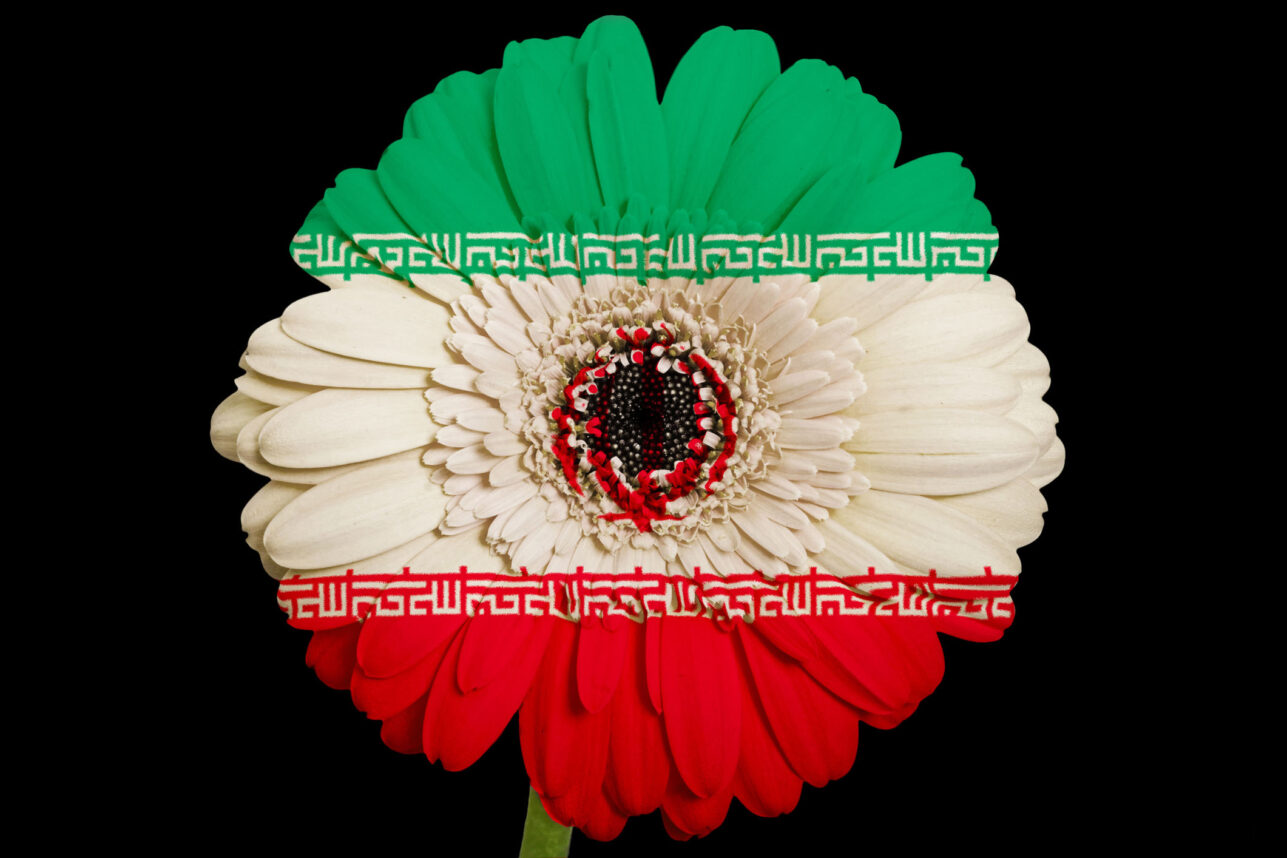

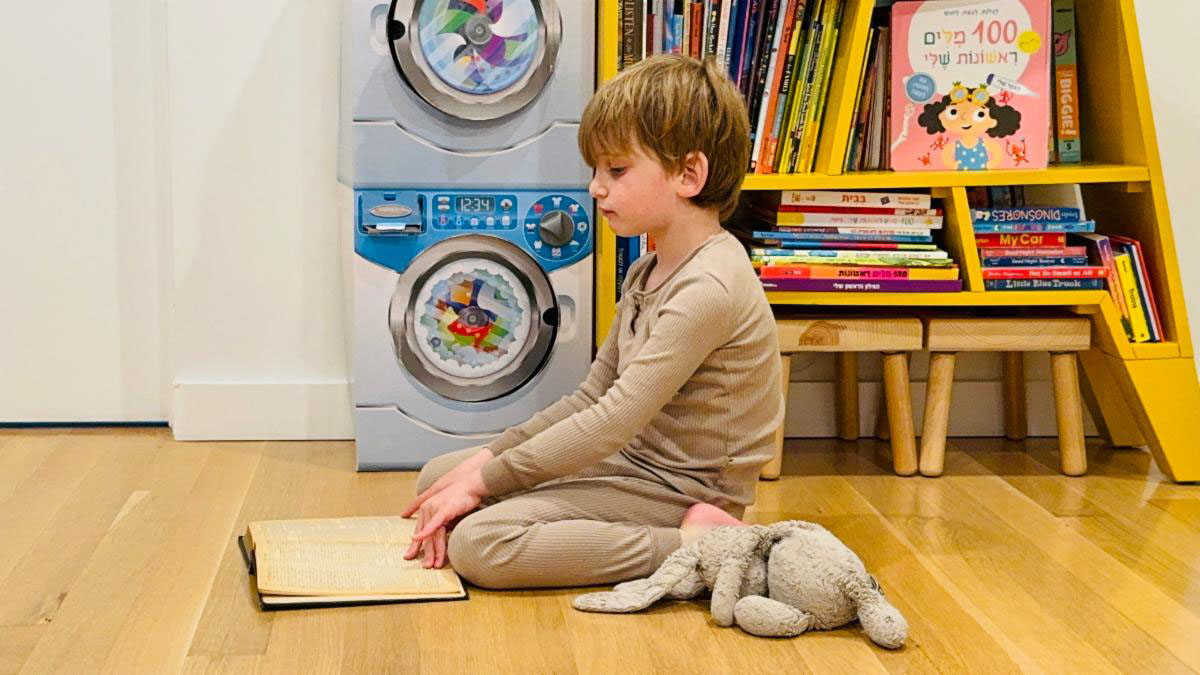
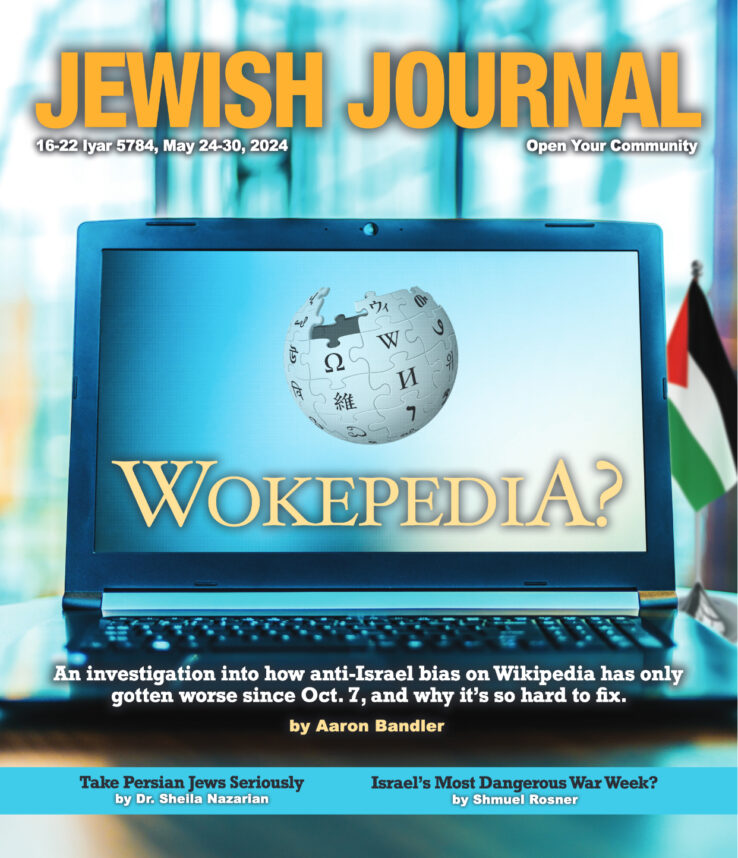

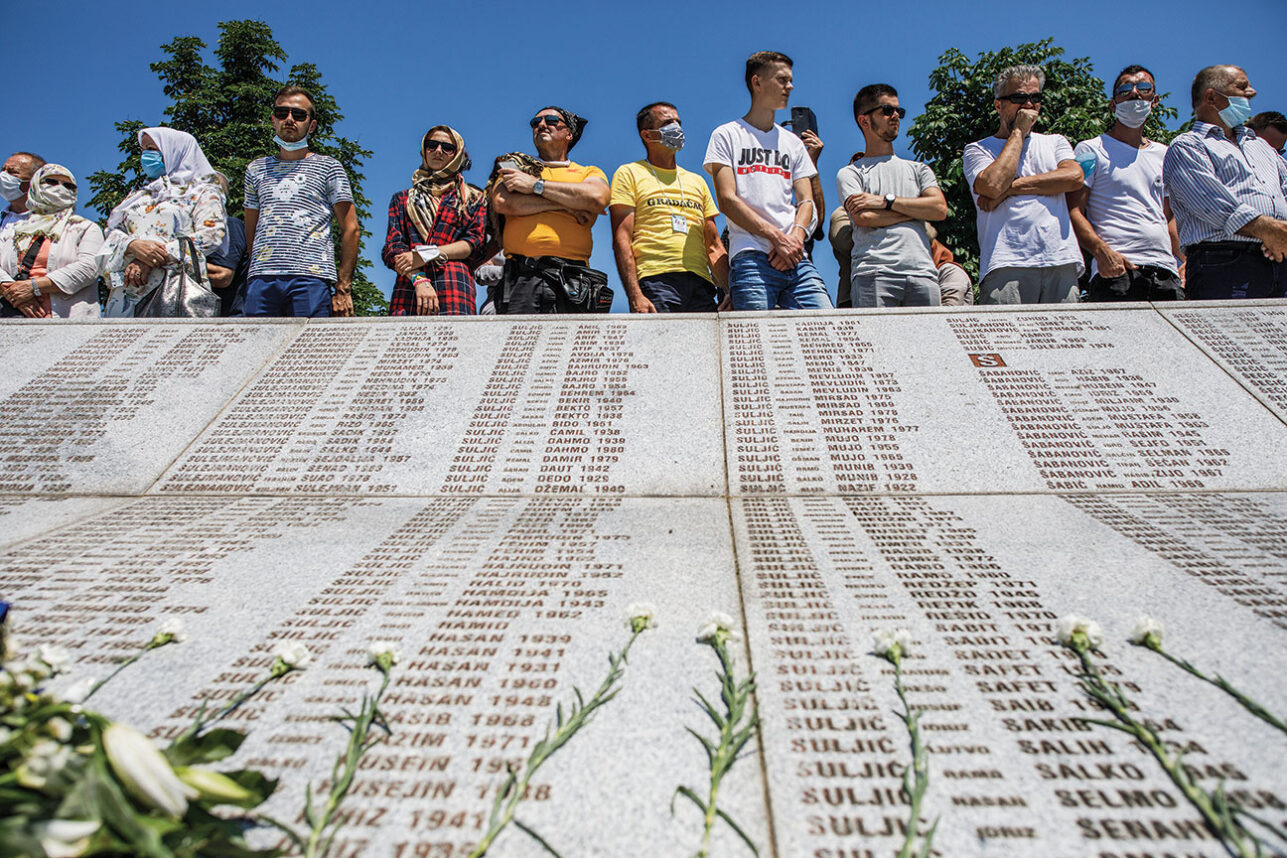
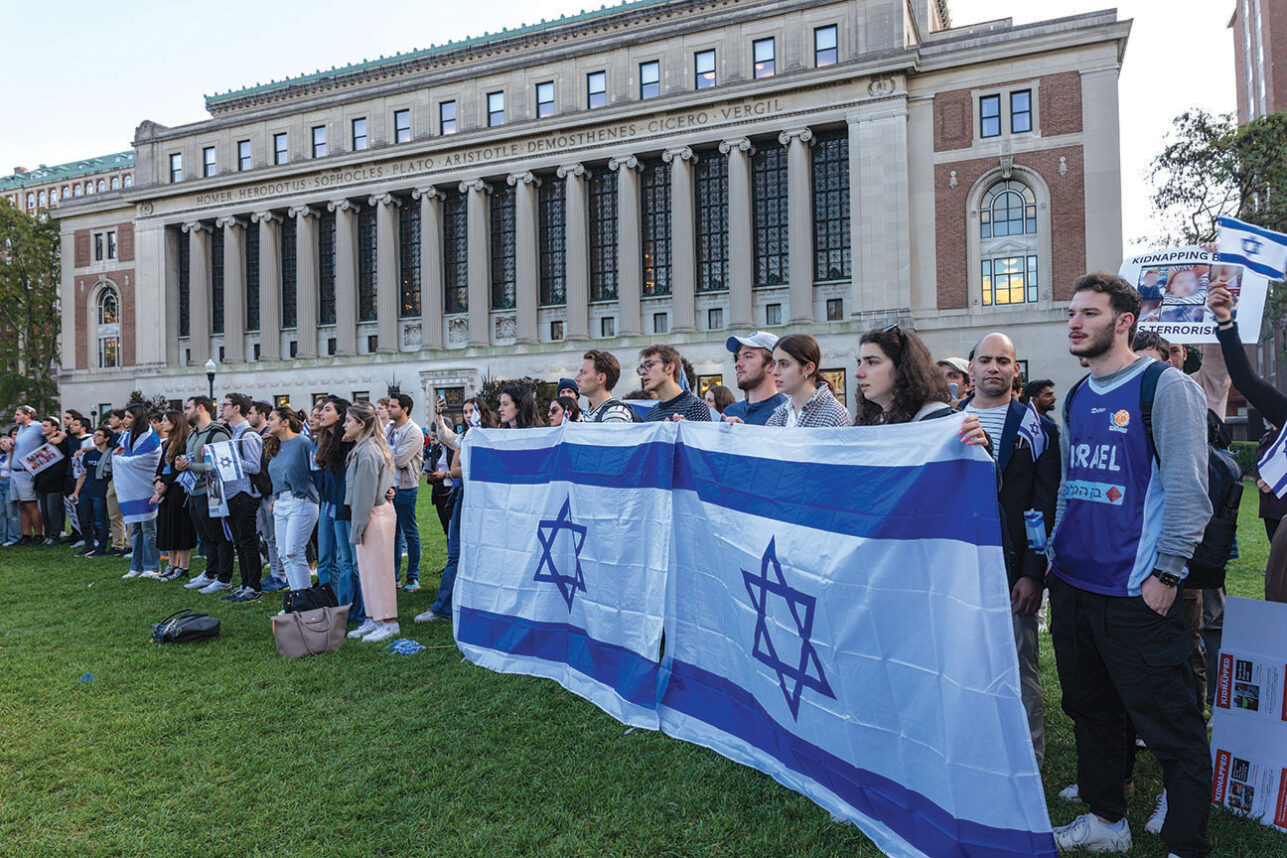





 More news and opinions than at a Shabbat dinner, right in your inbox.
More news and opinions than at a Shabbat dinner, right in your inbox.